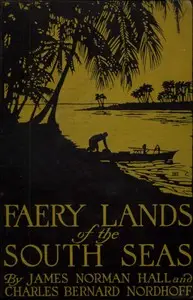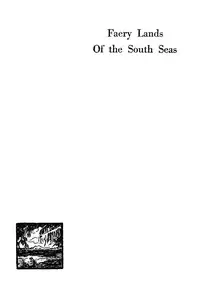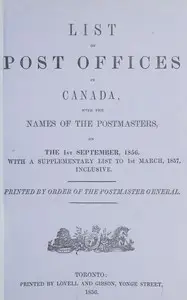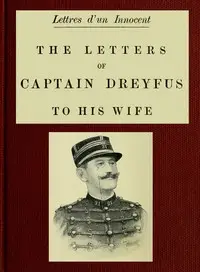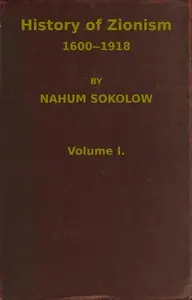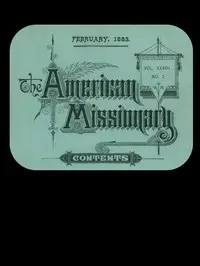"Kitchener's Mob: Adventures of an American in the British Army" by James Norman Hall is a historical account written in the early 20th century. The narrative focuses on the experiences of Jamie, an American who volunteers to join the British Army during World War I, capturing the unique atmosphere and camaraderie among the newly recruited soldiers of Kitchener's army. As the tale unfolds, it delves into the realities of trench warfare and the challenges faced by these volunteers as they transition from civilians to soldiers impassioned by a sense of duty. The opening of the book introduces the initial recruitment and training of Jamie as he decides to enlist rather than return home. It describes his experiences waiting in line, the overwhelming atmosphere at the recruitment office, and his interactions with the seasoned regular soldiers who offer both camaraderie and practical advice. Jamie's assimilation into army life is marked by various encounters with fellow recruits, including his struggles to adopt a Cockney accent to blend in, and his realization of the class distinctions in the British military. The humor and spirit of camaraderie within Kitchener’s Mob set the stage for the more earnest and gripping challenges that lie ahead as they prepare to face the realities of war on the front lines. (This is an automatically generated summary.)

Kitchener's Mob: Adventures of an American in the British Army
By James Norman Hall
"Kitchener's Mob: Adventures of an American in the British Army" by James Norman Hall is a historical account written in the early 20th century. The n...
James Norman Hall was an American writer best known for The Bounty Trilogy, three historical novels he wrote with Charles Nordhoff: Mutiny on the Bounty (1932), Men Against the Sea (1934) and Pitcairn's Island (1934). During World War I, Hall had the distinction of serving in the militaries of three Western allies: Great Britain as an infantryman, and then France and the United States as an aviator. His awards include the Croix de Guerre, the Médaille Militaire, the Légion d'Honneur and the Distinguished Service Cross. After the war, Hall spent much of his life on the island of Tahiti, where he and Nordhoff wrote a number of successful adventure books, many adapted for film. He was also the father of Conrad L. Hall, regarded as one of the ten most influential cinematographers in film history.

